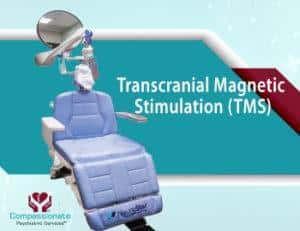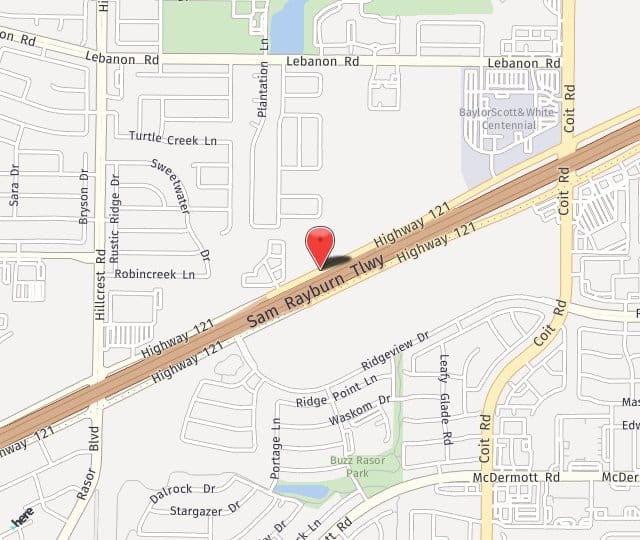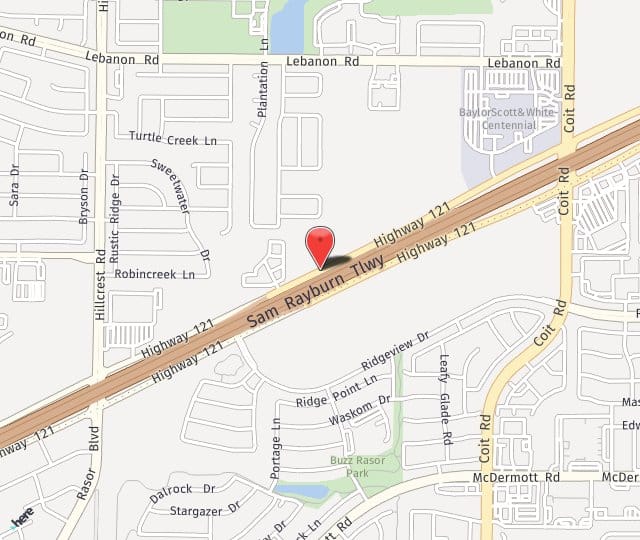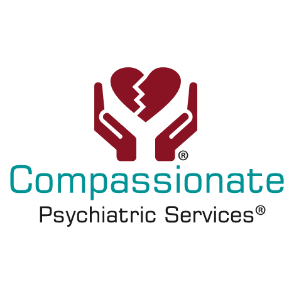
Transcranial magnetic stimulation (TMS) targets key areas of the brain that are underactive in people with depression. It is not ECT (electroconvulsive therapy). It uses a magnet similar in strength to that used in a magnetic resonance imaging (MRI) machine, to stimulate nerve cells in the area of the brain thought to control mood. These magnetic pulses may have a positive effect on the brain’s neurotransmitter levels, making long-term remission possible. With more than one million treatments performed, this novel treatment approach to achieving remission is bringing new hope to people every day. We use NeuroStar® TMS Therapy in our office.
NeuroStar Advanced Therapy is an innovative, FDA-cleared therapy that can help people who struggle with MDD even after taking antidepressant medication. It helps activate the natural function of the brain’s neurotransmitters using a non-invasive magnetic field and is not ECT (electroconvulsive therapy).
Because NeuroStar is a non-drug treatment, people don’t experience side effects like those associated with antidepressant medications. The most common side effect is temporary pain or discomfort at or near the treatment site. These effects are temporary and do not occur for most people after the first week of treatment.
Precisely targeted NeuroStar Advanced Therapy makes long-term remission possible—which is why it’s the #1 choice of doctors. NeuroStar delivers the right dose to the right location, every time…
If you agree with two or more of these statements, NeuroStar Advanced Therapy (TMS) may be right for you.
Depression symptoms have interfered with my daily life.
- I am not satisfied with the results I get from depression medication
- I have had or worry about side effects from depression medications
- I have switched medications for depression due to side effects
- I am interested in a proven, non-drug therapy for depression
For people with depression who have not benefited from antidepressant medication, NeuroStar TMS Therapy can offer hope.
Frequently Asked Questions (FAQ's) on Transcranial Magnetic Stimulation (TMS)
1. What is Transcranial Magnetic Stimulation (TMS)?
Transcranial magnetic stimulation (TMS) is a safe, effective, and non-invasive treatment that uses repetitive MRI strength pulses to treat the cause of mood disorders like depression. During an rTMS session, you'll recline in a comfortable chair with a small magnetic coil resting lightly on your head. This magnetic coil delivers gentle magnetic pulses to encourage and strengthen positive brain activity in networks that handle our mood regulation and thoughts.
Repetitive TMS isn't invasive, doesn't require anesthesia, and can be performed on an outpatient basis. It is considered well-tolerated by patients and has little to no negative or long-term side effects.
2. How does TMS work in the Brain?
Each of us has neural networks that operate how to feel, think, and act. While we have many networks in our brain, we each have a particular network called the Salience Network that filters through all of your brain's signals and decides what is most important for you to focus on.
When the Salience Network is not synchronized, communicating properly, or is having difficulty relaying information, people will often experience depression, anxiety, cognitive impairment, and difficulty focusing.
TMS is a safe and effective treatment that uses MRI strength pulses to improve communication within the Salience Network, often improving symptoms of depression. During outpatient, non-invasive sessions, TMS encourages positive brain activity to reconnect your Salience Network, helping to strengthen your brain's ability to regulate mood and behavior.
3. Is TMS covered by Insurance?
TMS is FDA approved and covered by most insurances. Our staff at Compassionate Psychiatric Services will take care of the approval process for you, so you can start the treatments right away.
4. What does the TMS treatment feel like?
TMS treatment begins with the client sitting back in a comfortable reclining chair. The magnetic coil is designed to be painless and offer small taps to the head. This will continue for about 18 minutes. Treatments continue six days a week, for six weeks to complete the course.
5. What should I expect?
Because TMS is a non-drug treatment, people don’t experience side effects like those associated with antidepressant medications. The most common side effect is temporary pain or discomfort at or near the treatment site. These effects are temporary and do not occur for most people after the first week of treatment. Precisely targeted Therapy makes long-term remission possible. It delivers the right dose to the right location, every time. TMS Therapy was cleared by the FDA in 2008.
6. How Transcranial Magnetic Stimulation (TMS) Works?
Treatment with TMS Therapy is easy:
- Therapy sessions are done in our office.
- You can return to normal activities right away.
- You are awake during treatment.
- Your memory and sleep will not be affected.
- It’s covered by most health insurance plans, including Medicare and Tricare
It uses a magnet similar in strength to that used in a magnetic resonance imaging (MRI) machine, to stimulate nerve cells in the area of the brain thought to control mood. These magnetic pulses may have a positive effect on the brain’s neurotransmitter levels, making long-term remission possible from depression and other mood symptoms.
7. Where can I get more information on TMS?
If you are interested in TMS therapy, please contact Compassionate Psychiatric Services at 469-200-4093.
8. Do you know which significant cities Compassionate Psychiatric Services offer its mental health services to?
Compassionate Psychiatric Services range from anxiety, depression, post-traumatic stress disorder (PTSD), addiction, trauma, eating disorders to numerous other mental health conditions and are offered to all our patients in the following city locations:: Dallas, The Colony, Richardson, Flower Mound, Lewisville, Prosper, Irving and Arlington.
Videos






